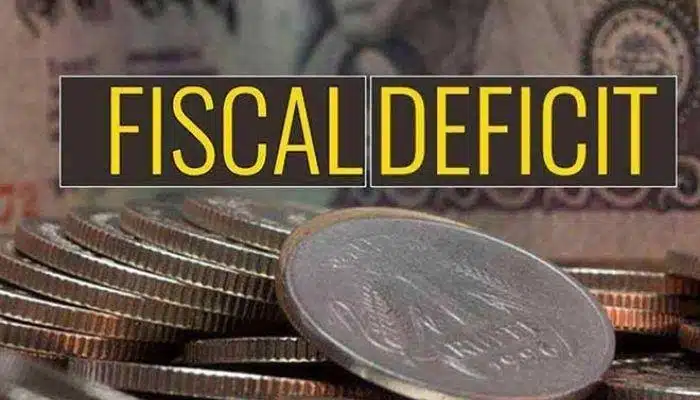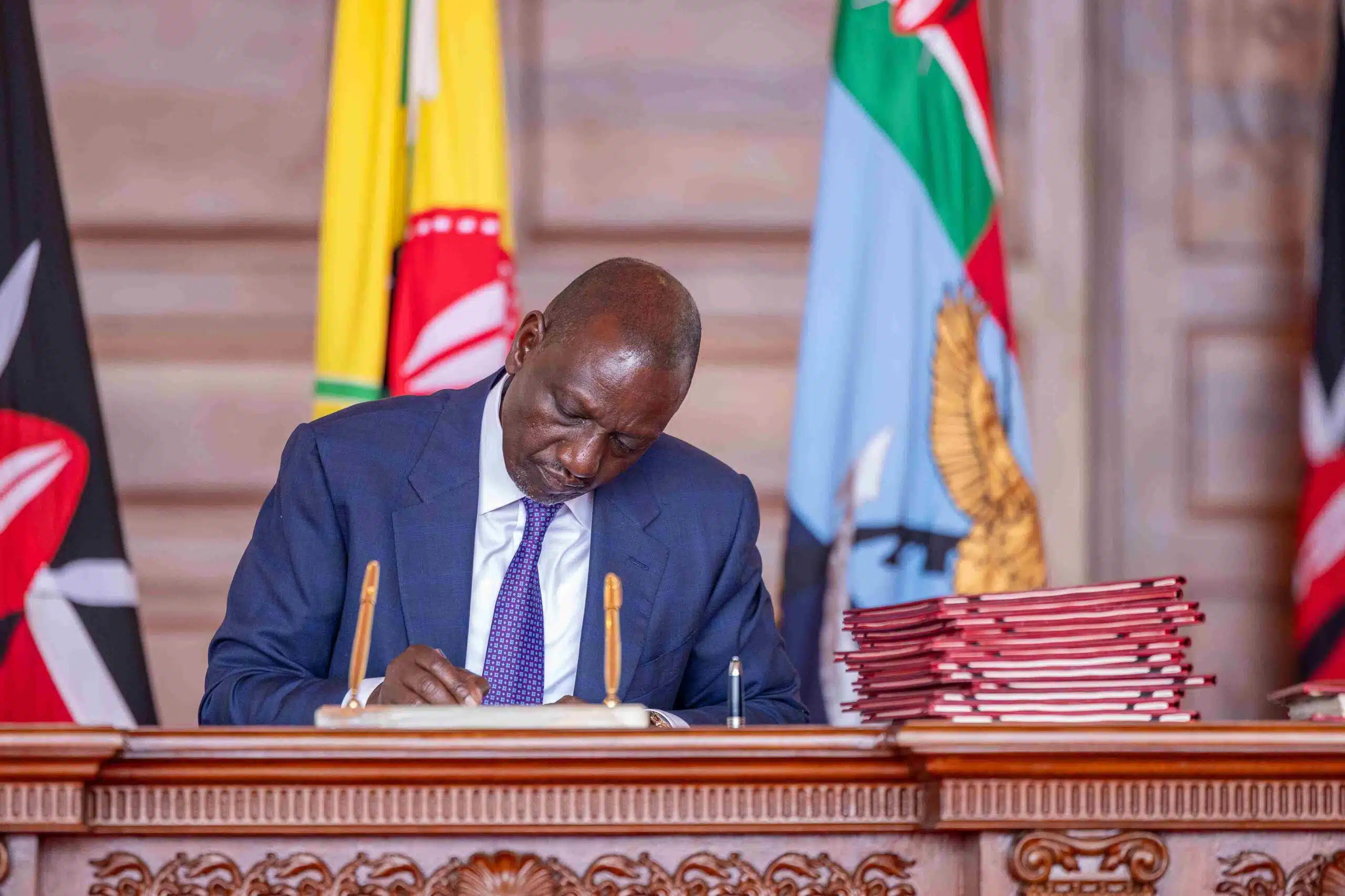Nigeria’s fiscal deficit narrowed by 15% in November 2024 to ₦908.9 billion ($605.9 million), down from about ₦1.1 trillion (733.2 million) in October, new data from the Central Bank of Nigeria (CBN) shows.
The CBN attributed the decline to delays in the release of funding for capital projects which drove down aggregate expenditure to₦1.73 trillion ($1.13 billion) in November, reflecting a 5.7% decrease from the previous month.
While expenditure slowed, it was still significantly higher than the federal government’s retained revenue of N817billion ($54.47 million), leading to the deficit.
“Provisional data showed that overall deficit contracted by 15.00 per cent relative to the preceding month but was 18.72 per cent above the target,” the economic report stated.
“The contraction reflected lower capital spending due, largely, to delay in capital releases.”
The funding delays highlight a longstanding trend in Nigeria’s fiscal management, where spending priorities have historically favored recurrent expenditures, overhead costs, and debt servicing, often at the expense of capital projects that drive productivity and economic growth.
In the first eight months of 2024, Nigeria spent a total of ₦7.41 trillion ($4.9 billion) on servicing debts, exceeding its projected budget of ₦5.51 trillion ($3.67 billion) by 34.4 percent.
Meanwhile, capital expenditure stood at just ₦3.65 trillion, an alarming 60.3% below its pro-rata target of ₦9.18 trillion.
Despite the deficit recorded during the surveyed period, retained revenue rose by 7.08% from ₦763.7 billion ($509.09 million) in October, mainly driven by Value Added Tax revenue and foreign currency gains. This figure, however, was 49.9% short of the government’s target.
“Further analysis of total expenditure showed that recurrent (spending) accounted for 77.00 per cent, while capital and transfer payments contributed 14.58 and 8.42 per cent, respectively,” the CBN said.
A closer look at the report shows that non-oil earnings rose to ₦1.90 trillion in November, a 16.4% increase from the previous month and 53.2% above the government’s target.
The growth was driven by higher collections from corporate tax and customs duties, reflecting the increasing importance of non-oil sectors in government revenue.
Oil revenue climbed by 42.6% ₦520 billion ($346.6 million), supported by stronger receipts from petroleum profit tax (PPT), royalties, and company income tax (CIT) in the upstream sector.
Despite this increase, oil earnings still fell 70.5% short of the monthly target, highlighting persistent challenges in the sector, including production constraints and global market volatility.






